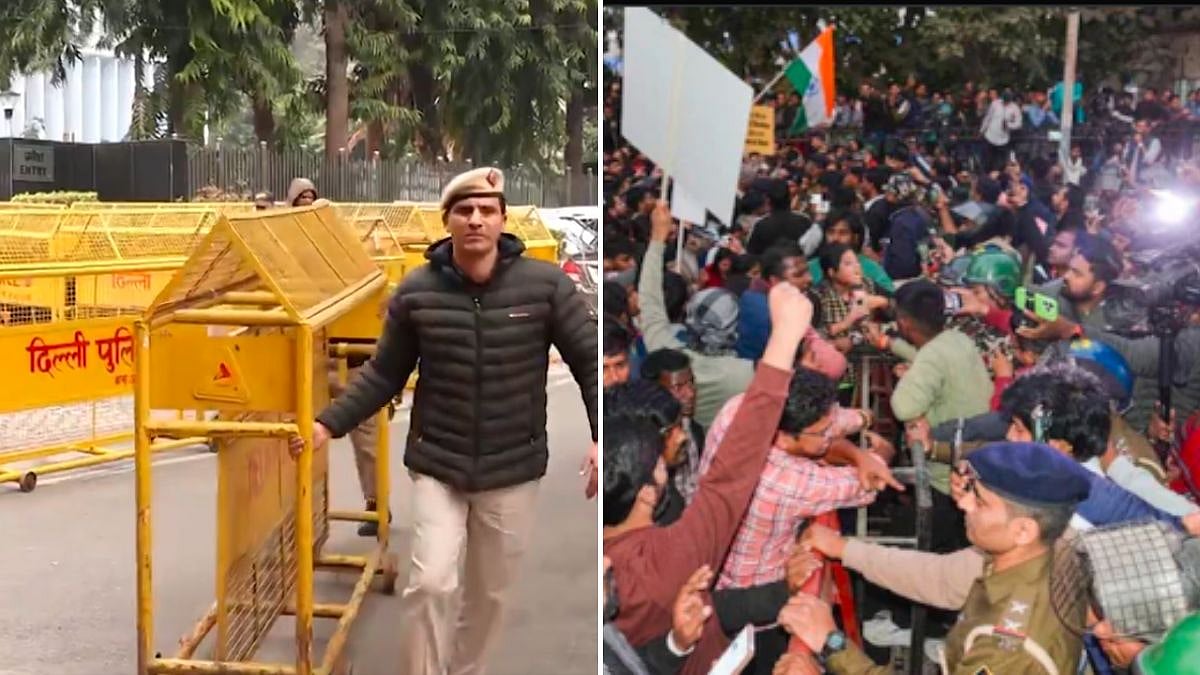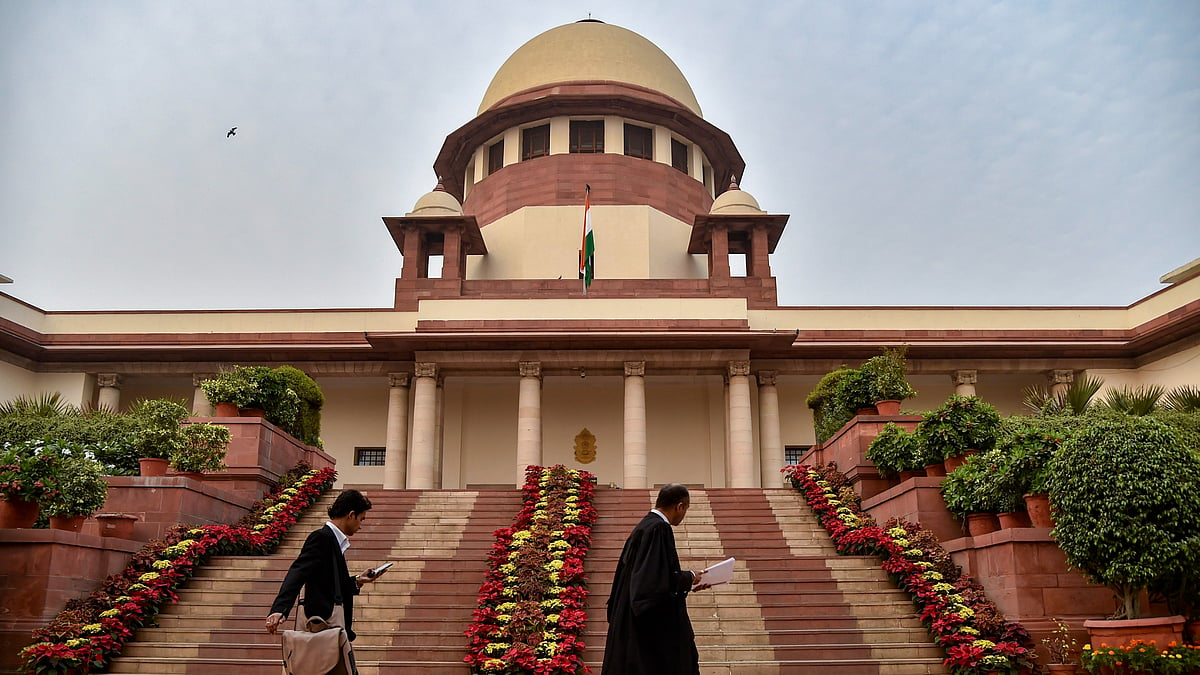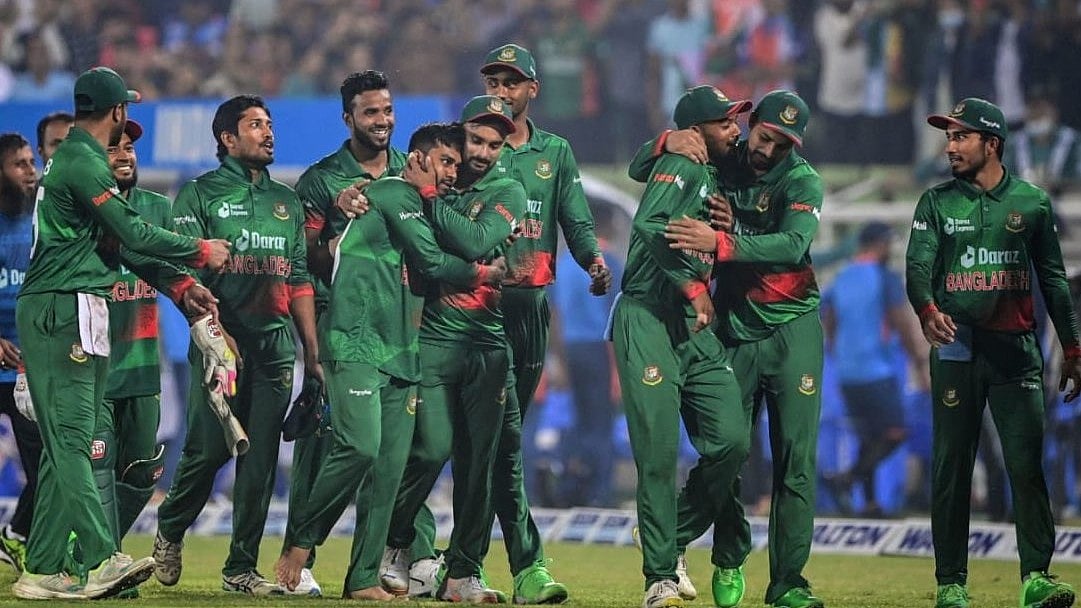Guddu, the washerman in my South Kolkata neighbourhood, came knocking earlier in the week to ask for a space to park his kiosk. The young man from Bihar has been given 48 hours by the police to remove it from the thoroughfare. A day earlier, Bengal Chief Minister Mamata Banerjee asked the administrators to remove land encroachments in the state.
Generally, the order was meant for 125 municipalities and Municipal Corporations (MC) and particularly for Kolkata MC area. Civic bodies and police triggered a never-before operation dislodging thousands of hawkers.
Banerjee has not appeared so angry in a long time when she pulled up her party colleagues in public – even accusing them of accepting bribe – for allowing encroachment. But that is only one part of her tirade.
A more significant call was to “stop the conspiracy” to “change Bengal’s culture and identity” through immigration from other states. She warned “outsiders” that the conspiracy would not be tolerated. Mamata – considered a pro-poor politician – has never taken a strong position against unorganised sector workers or nonBengalis who have been an integral part of Kolkata and have kept coming despite the lack of big industries which has been replaced by an ever-growing retailing and service sector catering to a huge market.
The key question however is, why has Mamata Banerjee introduced bulldozers in the city now after governing the state for over a decade?
There are two factors. One, despite Trinamool Congress’ (TMC) commanding victory with 29 of 42 seats, the party’s performance in urban and semi-urban areas has been dismal. BJP is ahead in 60% of the wards in MCs and municipalities. Clearly, the better part of the cities rejected Didi, while rural Bengal ensured TMC’s emphatic victory. This is mainly due to nearly 70 social welfare schemes which include direct cash transfers.
The middle and the upper-middle income brackets received much less relief, they mostly detested welfare projects, and their complaints from joblessness to corruption restricted TMC in urban pockets. This though is not bad as 2011 census indicates 68% of Bengal resides in rural areas. Yet it is not wise to neglect one-third of electors as the trend to reject TMC in cities is growing.
Considering the significance of municipal and assembly polls in about two years, Banerjee decided to rein in corruption and deliver services in the urban stretches.
The second factor – to warn non-Bengalis and outsiders about a conspiracy against Bengal – stems from the fact that TMC has very limited resources to combat BJP or Hindutva. It requires a counter-narrative while aligning with Hindutva. The narrative was missing.
Last Monday, Banerjee officially introduced the narrative based on ethnic Bengali sub-nationalist sentiment which always had traction in Bengal. Subhash Chandra Bose, Rash Behari Bose, first chief minister Bidhan Chandra Roy (who challenged Nehru on all key state issues) to Jyoti Basu are Bengali heroes as they opposed Nehru-Gandhi-led Congress. Banerjee is aware of the trait. Her task has been made easier by a socio-political change.
Two key non-Bengali speaking communities – Marwaris and Biharis – have been respectively dominating the economy and manual labour. However, rarely have they aspired to secure high political offices despite holding key portfolios at times. But the deeply affluent third generation – buoyed by BJP’s rise – is making a fast foray into politics, thus adding to Bengali insecurity – much the way BJP’s Hindu vote consolidated in Assam with the rise of a Bengali Muslim party.
So far, TMC tapped the sentiment mostly during elections but Mamata Banerjee has now decided to set the narrative to offset the impact of Hindutva-driven anti-incumbency. Many argued Banerjee has taken a leaf out of Balasaheb Thackeray’s book to spearhead sub-nationalism in the East. Yet there is a flip side.
While dislodging many thousand Guddus, the administration may have to uproot an equal number or more Bengalis who too are jobless. Such a move hugely damaged CPIM’s pro-poor image. Sensing the chink, Mamata Banerjee paused the anti-encroachment drive on Thursday for a month while issuing another warning to officials.
The impact on the polls will be monitored. But the real reverberations will be felt in society – whether the move forges a new fault line to counter the old one or deepens the existing ones.









